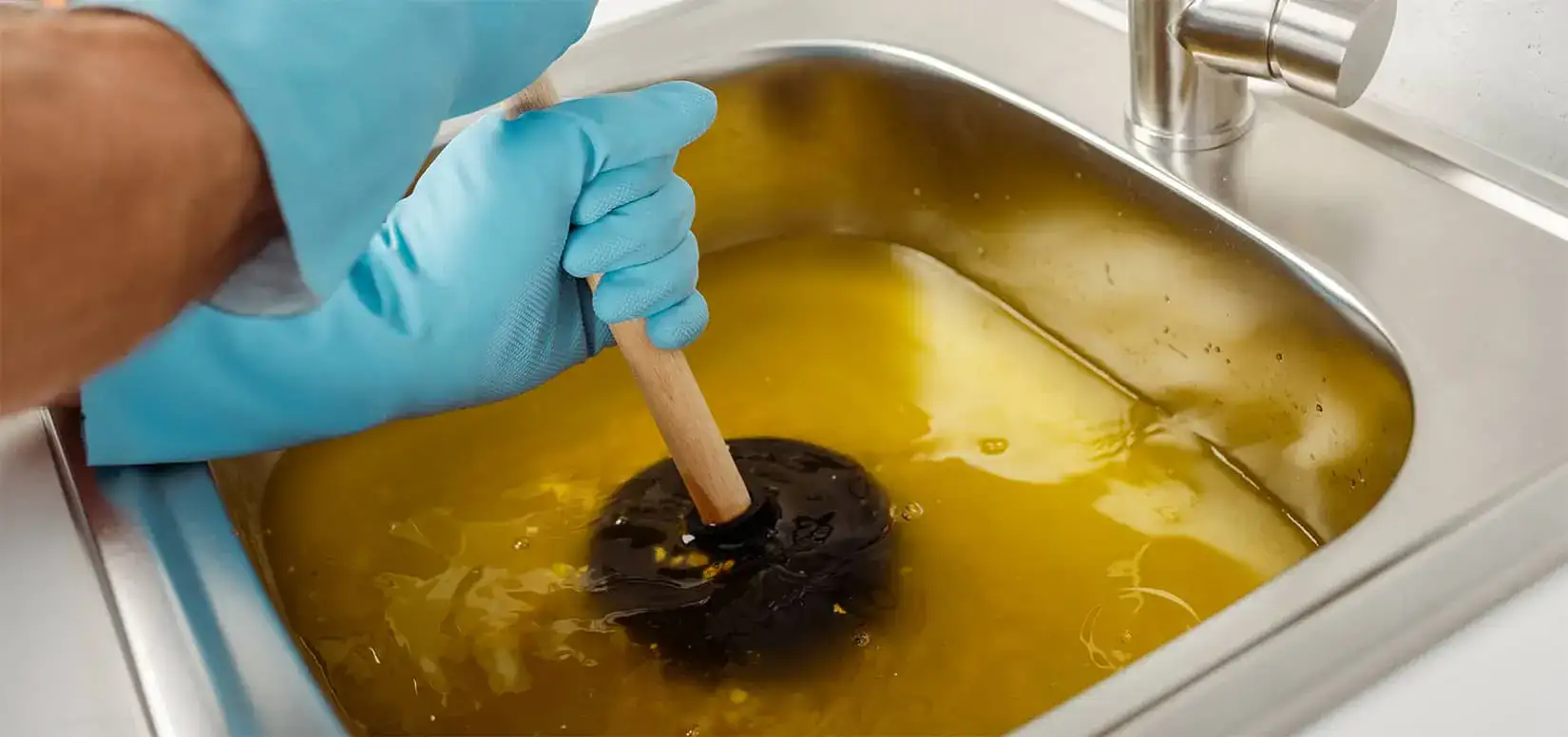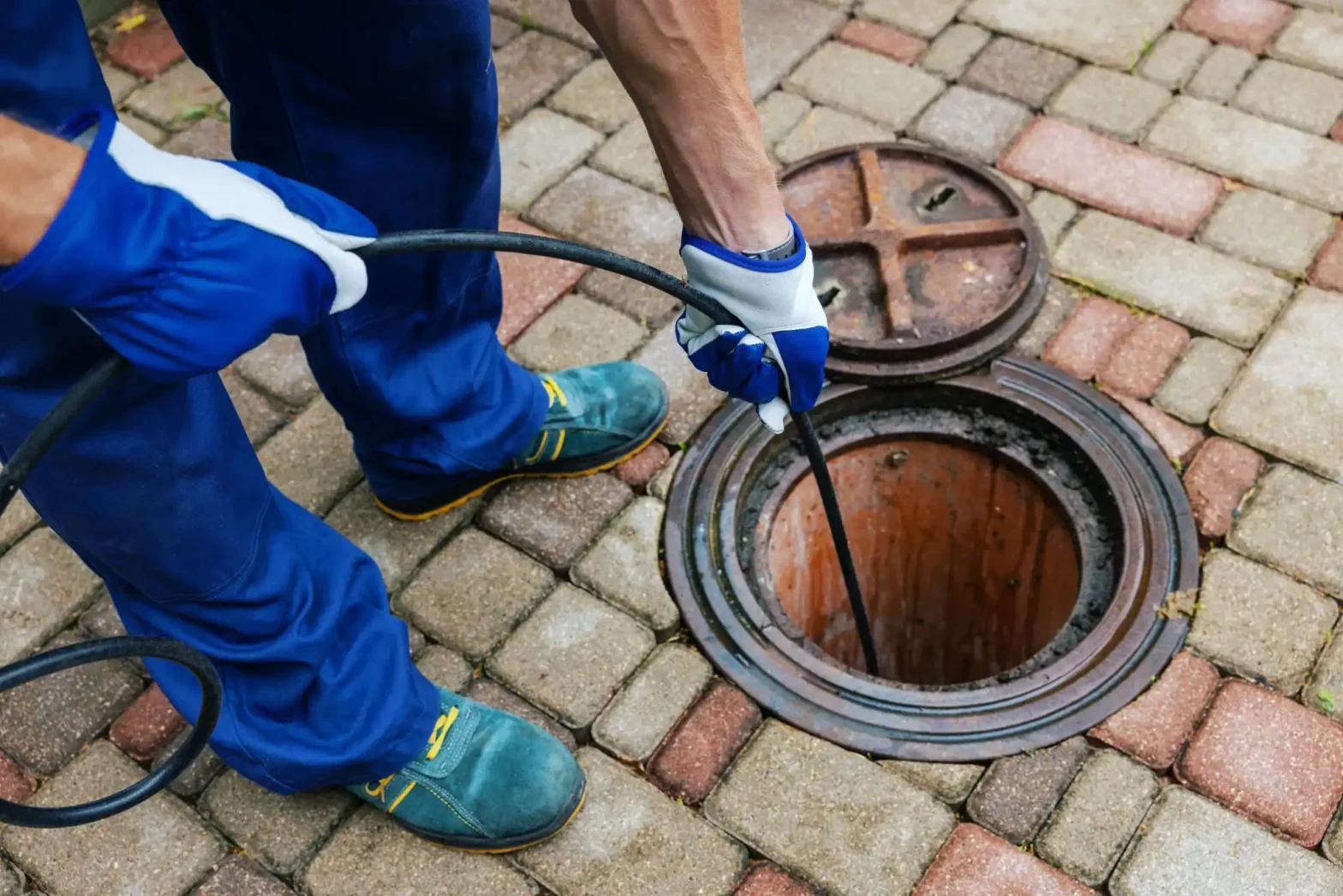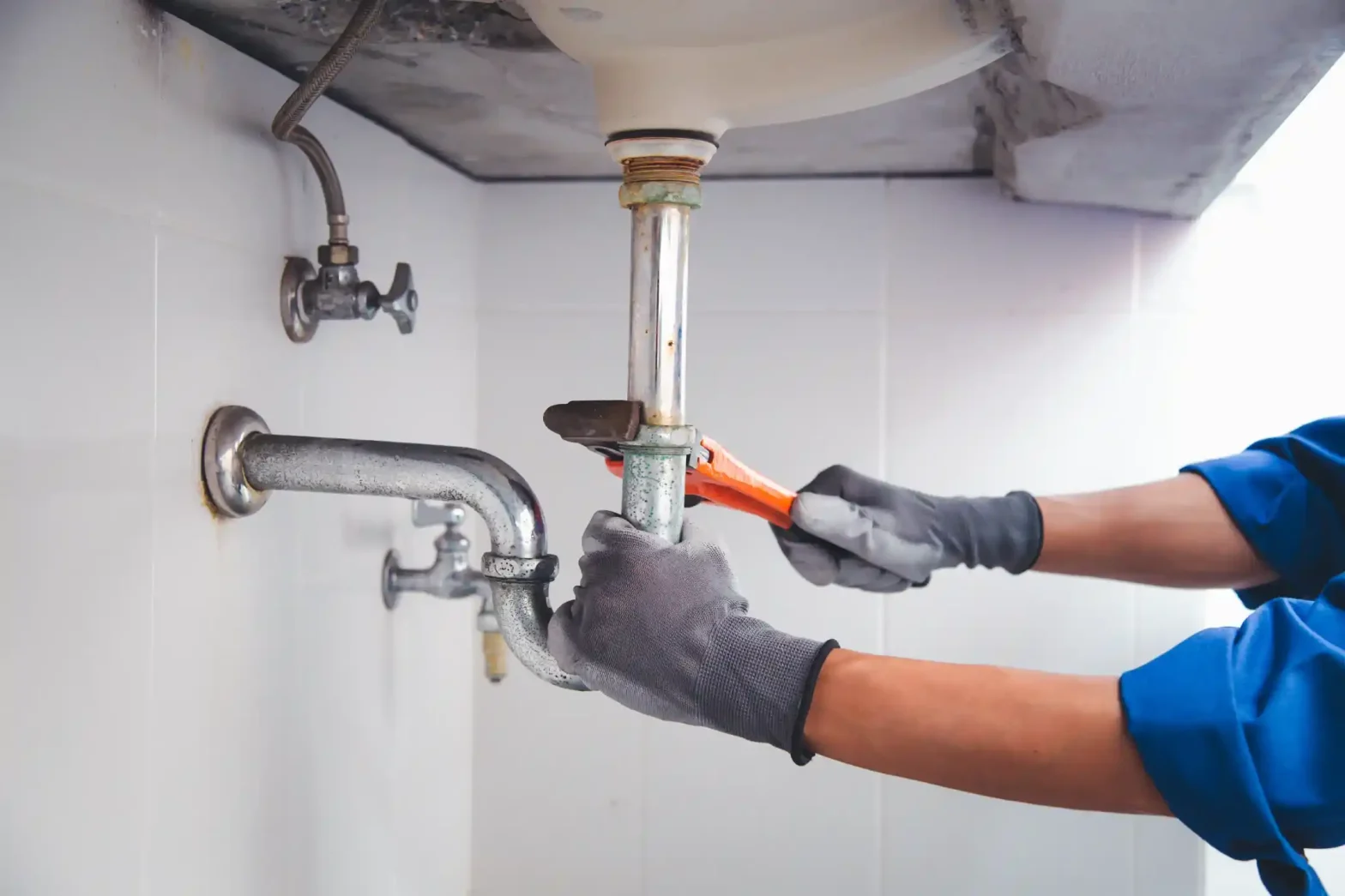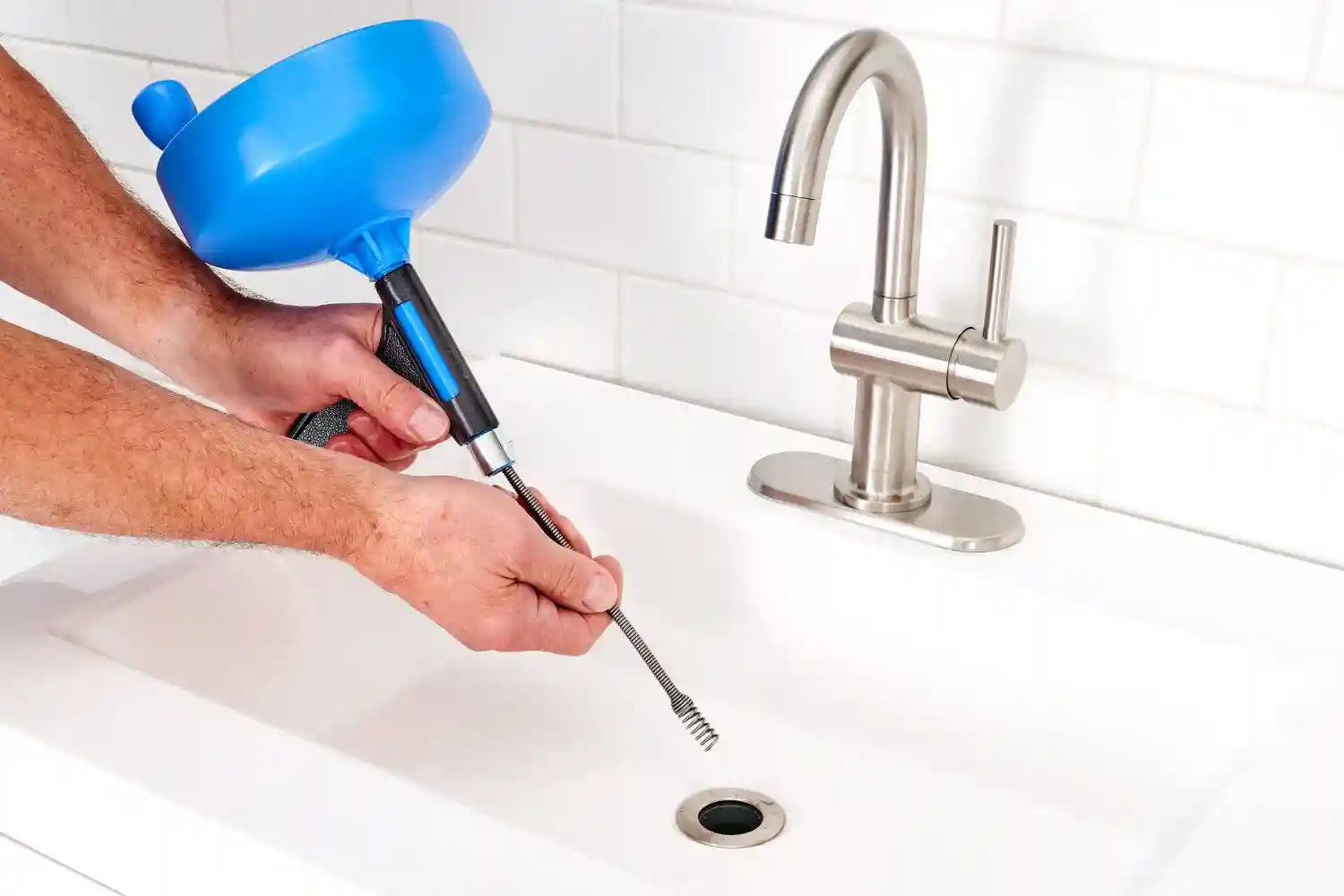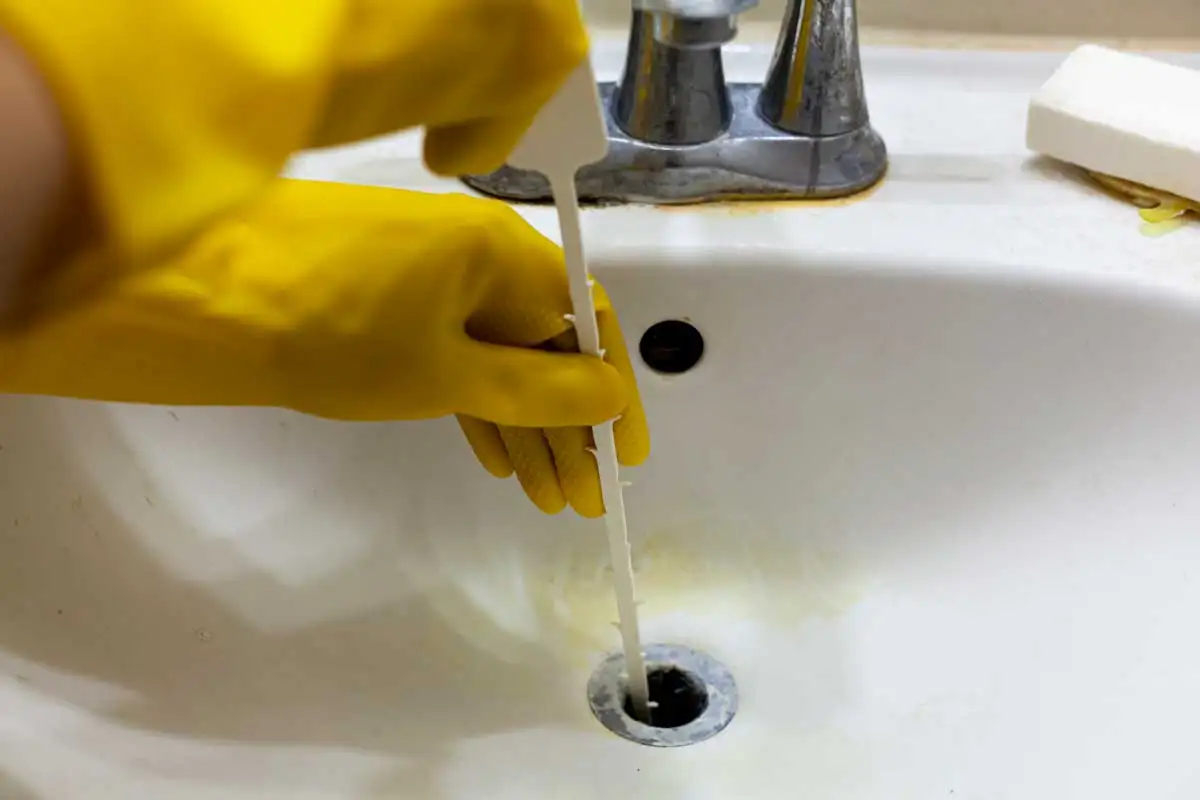Why Regular Drain Maintenance Is Essential for a Healthy Home
Drains are an integral component of your home’s plumbing system, channeling wastewater away from sinks, showers, and toilets to prevent flooding and maintain hygiene. Properly functioning drains are crucial not only for convenience but also for ensuring the overall health of your home. Regular drain maintenance is essential to avoid potential problems that can disrupt your daily life and lead to costly repairs. Here’s an in-depth look at why regular drain maintenance is so crucial for a healthy home.
Recommended reading: How the drainage system works
The Role of Drains in the Home
Drains serve the vital function of directing wastewater away from various fixtures in your home. This includes removing water from sinks, showers, toilets, and appliances. Efficient drainage is key to maintaining cleanliness and preventing water damage. Without properly functioning drains, your home could face several issues including unpleasant odors, water backups, and structural damage.
1. Preventing Clogs and Blockages:
- How It Works: Over time, debris such as hair, soap scum, food particles, and grease can accumulate in your drains. This buildup can lead to partial or complete blockages, disrupting the smooth flow of water and causing slow drainage or backups.
- Why It Matters: Regular maintenance helps remove these obstructions before they cause serious blockages. This ensures that water flows freely and prevents potential flooding, which can damage flooring, walls, and other areas of your home.
2. Eliminating Unpleasant Odors:
- How It Works: Organic matter and bacteria trapped in dirty drains can produce foul odors that spread throughout your home. These smells are not only unpleasant but can also be a sign of underlying issues.
- Why It Matters: Regular cleaning of your drains prevents the growth of bacteria and mold, which can contribute to bad smells. A clean drainage system ensures a fresher, more pleasant living environment.
3. Protecting Pipes and Fixtures:
- How It Works: Debris buildup and stagnant water can cause corrosion and damage to your pipes and plumbing fixtures. Over time, this damage can lead to leaks and other plumbing issues.
- Why It Matters: Regular drain maintenance helps extend the lifespan of your plumbing system by preventing corrosion and damage. This protects your investment and reduces the risk of expensive repairs or replacements.
4. Improving Drainage Efficiency:
- How It Works: Clear drains allow water to flow quickly and effectively through your plumbing system. This prevents stagnant water, which can become a breeding ground for pests and contribute to mold growth.
- Why It Matters: Efficient drainage helps maintain the overall health of your plumbing system and reduces the risk of issues such as mold and pest infestations.
5. Cost Savings:
- How It Works: Addressing minor issues through regular maintenance can prevent them from escalating into major problems that require costly emergency repairs.
- Why It Matters: Investing in routine drain maintenance helps you avoid unexpected expenses and extends the life of your plumbing system, ultimately saving you money in the long run.
6. Health Benefits:
- How It Works: Dirty drains can harbor bacteria and mold, which can negatively impact indoor air quality and your health.
- Why It Matters: Properly maintained drains help prevent the accumulation of harmful microorganisms, contributing to a healthier living environment for you and your family.
Signs That Your Drains Need Cleaning
- Slow Drainage: One of the first signs that your drains may need cleaning is when water starts to drain slowly from sinks, bathtubs, or showers. Slow drainage often indicates that there is a buildup of debris, such as hair, soap scum, or grease, obstructing the flow of water. Over time, this accumulation can lead to more severe blockages if not addressed promptly.
- Unpleasant Odors: If you notice foul or musty smells emanating from your drains, it’s a sign that there could be decomposing organic matter or stagnant water trapped in the pipes. These odors can permeate your home, affecting indoor air quality and creating an unpleasant living environment.
- Gurgling Sounds: Unusual gurgling or bubbling noises from your drains can indicate a blockage or air trapped in the plumbing system. These sounds often occur when water struggles to pass through partially obstructed pipes, and they can be a precursor to more serious drainage issues.
- Frequent Clogs: Repeated clogs are a clear sign that your drains need attention. Frequent blockages can result from the buildup of debris, grease, or foreign objects. Persistent clogs can lead to more significant problems if not addressed, such as overflow or pipe damage.
- Water Backups: When water starts to back up into sinks, tubs, or even onto floors, it is a serious indicator of a blockage or major issue within the drainage system. Water backups can cause significant damage to your home and should be addressed immediately to prevent further complications.
DIY vs. Professional Drain Cleaning
When it comes to maintaining your home’s drains, you have two main options: DIY drain cleaning and professional services. Each approach has its own benefits and limitations, and choosing the right method depends on the nature of the problem and your comfort level with handling plumbing issues.
DIY Drain Cleaning:
Pros:
- Cost-Effective: DIY methods, such as using a plunger or a drain snake, are typically more affordable compared to hiring a professional. They are suitable for addressing minor clogs and performing routine maintenance without significant expense.
- Convenience: You can tackle small drain issues at your own convenience, without waiting for a professional to be available. This flexibility allows you to respond to minor problems as they arise.
Cons:
- Limited Effectiveness: DIY methods might not resolve severe blockages or complex issues. They often address symptoms, such as slow drainage, rather than the underlying causes of clogs.
- Risk of Damage: Improper use of tools or harsh chemicals can inadvertently damage your pipes or plumbing fixtures, potentially leading to more serious and costly repairs.
Professional Drain Cleaning:
Pros:
- Thorough Cleaning: Professionals employ advanced tools and techniques to ensure a comprehensive clean. This approach effectively tackles both minor and severe blockages, providing a deeper and more thorough solution.
- Expert Inspection: Along with cleaning, professional services often include inspections to identify and address potential problems that may not be visible during a DIY cleaning. This can help prevent future issues and maintain overall plumbing health.
Cons:
- Higher Cost: Professional drain cleaning services come with an upfront cost, which can be higher than DIY methods. However, this investment is often justified by the thoroughness of the cleaning and the prevention of more serious problems.
- Scheduling: Professional services may require advance scheduling and may not be immediately available for urgent issues. This can be a limitation if you need immediate attention for a significant problem.
Key Reasons Why Regular Drain Maintenance Is Essential
1. Prevents Clogs and Backups:
Regular drain cleaning is essential to remove debris such as hair, grease, and food particles that accumulate over time. Without regular maintenance, these materials can build up and cause blockages that lead to overflowing drains, water backups, and potential flooding. By keeping drains clean, you ensure smooth water flow and reduce the risk of water damage to your home.
2. Eliminates Unpleasant Odors:
Dirty drains can become a breeding ground for bacteria and mold, which produce unpleasant smells. Regular cleaning helps to remove organic matter and bacteria, preventing foul odors from spreading throughout your home. A clean drainage system contributes to a fresher, more comfortable living environment.
3. Protects Pipes and Fixtures:
Accumulated debris and stagnant water can cause corrosion and damage to your pipes and plumbing fixtures. Regular maintenance helps prevent these issues, extending the lifespan of your plumbing system and reducing the likelihood of costly repairs or replacements. Clean drains contribute to the overall health of your home’s plumbing infrastructure.
4. Improves Drainage Efficiency:
Clear drains ensure that water flows quickly and effectively through your plumbing system. Efficient drainage prevents stagnant water, which can attract pests and lead to mold growth. Properly maintained drains enhance the performance of your plumbing system and reduce the risk of drainage-related issues.
5. Cost Savings:
Regular drain maintenance can help you avoid expensive emergency repairs and replacements. By addressing minor issues early, you can prevent them from escalating into major problems that require costly interventions. Investing in routine maintenance can lead to significant long-term savings.
6. Health Benefits:
Properly maintained drains help prevent the accumulation of bacteria, mold, and other harmful microorganisms. This contributes to better indoor air quality and reduces the risk of health issues related to poor sanitation. A clean drainage system supports a healthier living environment for you and your family.
What to Do for Regular Drain Maintenance
1. Clean Regularly:
Perform basic drain cleaning on a routine basis using a plunger or drain snake. Regular cleaning helps prevent minor clogs from becoming more severe. Focus on high-use areas such as kitchens and bathrooms, where debris accumulates more quickly.
2. Be Mindful of What You Flush:
Avoid pouring grease, oil, coffee grounds, and other debris down the drain. These substances can contribute to clogs and buildup. Instead, dispose of these items in the trash or appropriate disposal systems.
3. Use Drain Guards:
Install strainers or drain guards in sinks and shower drains to catch hair, food particles, and other debris before they enter the pipes. Regularly clean and empty these guards to prevent them from becoming clogged.
4. Professional Cleaning:
Schedule periodic professional drain cleaning to thoroughly clean your pipes and address any potential issues. Professionals can use advanced equipment to provide a deep clean and inspect your plumbing system for underlying problems.
Consequences of Neglected Drains in Your Home
1. Severe Blockages:
Neglecting drain maintenance can lead to severe blockages that result in water backups and overflow. Blockages can cause damage to your floors, walls, and other areas of your home. Severe blockages may require costly professional interventions to resolve.
2. Unpleasant Odors:
Dirty drains can produce persistent foul odors that affect your home’s comfort and air quality. These smells can be difficult to eliminate and may impact the overall ambiance of your living space.
3. Pipe Damage:
Accumulated debris and stagnant water can cause corrosion and damage to your plumbing pipes. Neglected drains increase the risk of leaks, cracks, and other damage that can lead to costly repairs and replacements.
4. Water Damage:
Blockages and backups can result in significant water damage to your home’s structure. Water damage can affect floors, ceilings, and walls, leading to mold growth and costly repairs. Regular maintenance helps prevent such damage by ensuring that your drains function properly.
FAQ
- Why Is Drain Maintenance Important?
- Drain maintenance is crucial to prevent clogs, eliminate unpleasant odors, protect your plumbing system, and avoid costly repairs. Regular cleaning helps ensure that your drains function efficiently and contributes to a healthy living environment.
- What Are the Advantages of Regular Drain Cleaning?
- Regular drain cleaning helps prevent blockages, improves drainage efficiency, reduces foul smells, protects your pipes, and extends the lifespan of your plumbing system. It also offers cost savings by addressing minor issues before they become major problems.
- How Often Should You Do Drain Maintenance?
- Routine drain maintenance should be performed every few months to keep your drains in good condition. Additionally, schedule professional inspections annually or as needed to address any potential issues and ensure optimal performance.
- How Do You Keep a Drainage System Healthy?
- To keep your drainage system healthy, perform regular cleaning, avoid flushing inappropriate materials, use strainers to catch debris, and schedule periodic professional cleanings. Regular maintenance and mindful practices contribute to a well-functioning and efficient drainage system.


